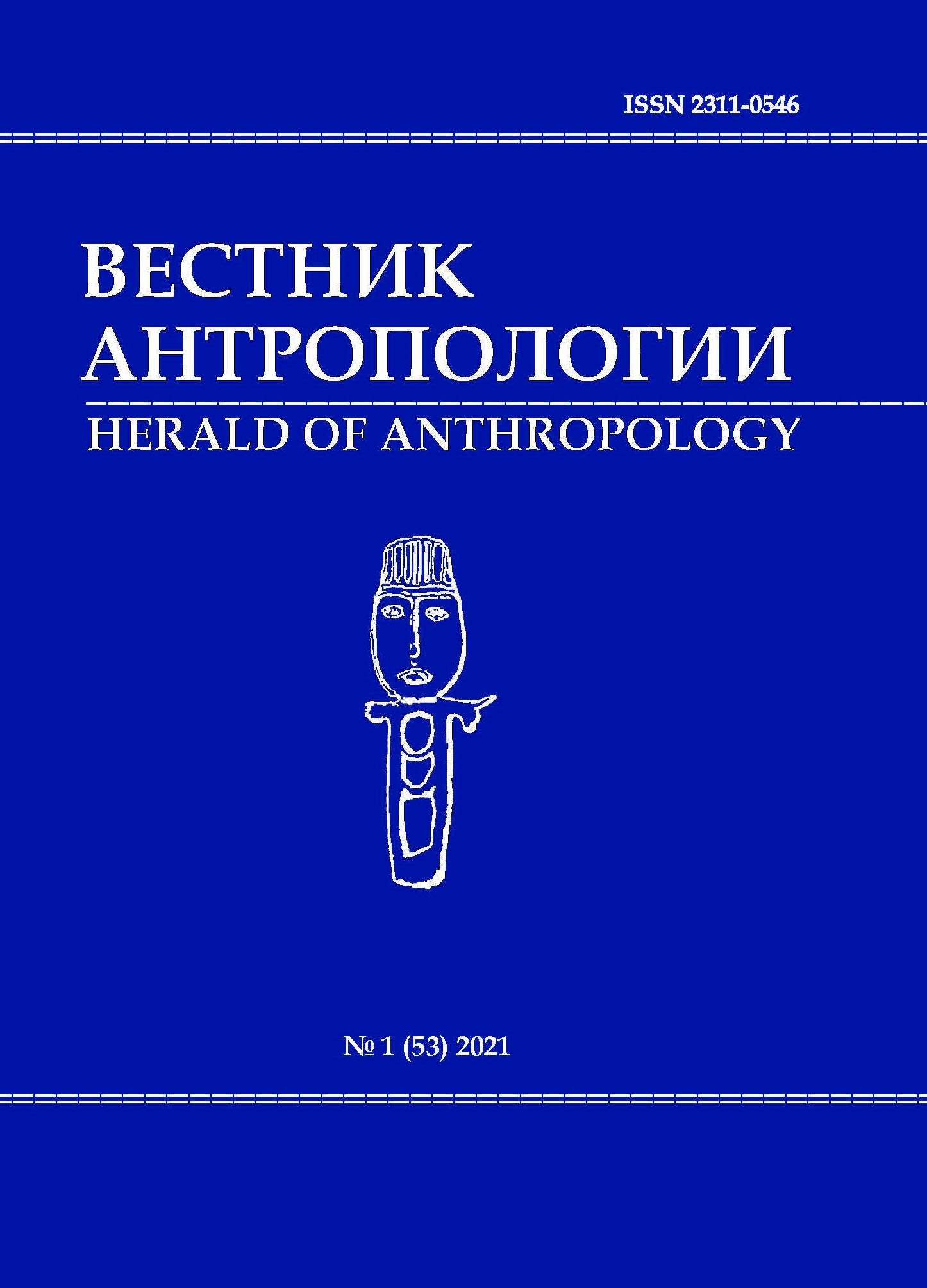Методология исследования праздничной культуры в работе Хулио Каро Бароха «Карнавал»
DOI: 10.33876/2311-0546/2021-53-1/325-335
Ключевые слова:
историография, праздничная культура, методология, метод исторического структурализмаАннотация
В статье исследуется методология известного испанского антрополога, историка, языковеда и фольклориста Хулио Каро Барохи (1914–1995), примененная им для анализа праздничной культуры Испании. Прослежена эволюция научных взглядов Каро Барохи. Если в начале своей карьеры, до гражданской войны в Испании, а также в первое десятилетие после нее основным для ученого был метод культурного диффузионизма, сформировавшийся, главным образом под влиянием Хосе Мигеля Барандиана, «патриарха баскской этнографии», то затем под влиянием Рэдклифа Брауна и Бронислава Малиновского его интересы сместились в сторону функционального метода. Однако, спустя некоторое время Каро разочаровывается и в функционализме, что побудило его приступить к поискам собственного метода научного анализа, названного самим Каро «историческим структурализмом». Однако часто исторический компонент в его исследованиях преобладает, и в этом случае исследователь критикует структурализм за антиисторизм. Показаны преимущества данного научного подхода по сравнению с другими методами, применяемыми в социокультурной антропологии. Для своего анализа Каро Бароха выбирает серию праздничных и маскарадных шествий, преимущественно зимнего цикла и анализирует их с точки зрения антрополога, давая описания тех или иных ритуалов, интерпретируя их с исторической и антропологической перспективы, также приводя сравнения с подобными африканскими и европейскими празднованиями.
Ссылка при цитировании: Павлова А.Н. Методология исследования праздничной культуры в работе Хулио Каро Бароха «Карнавал» // Вестник антропологии, 2021. № 1 (53). С. 325–335.






















